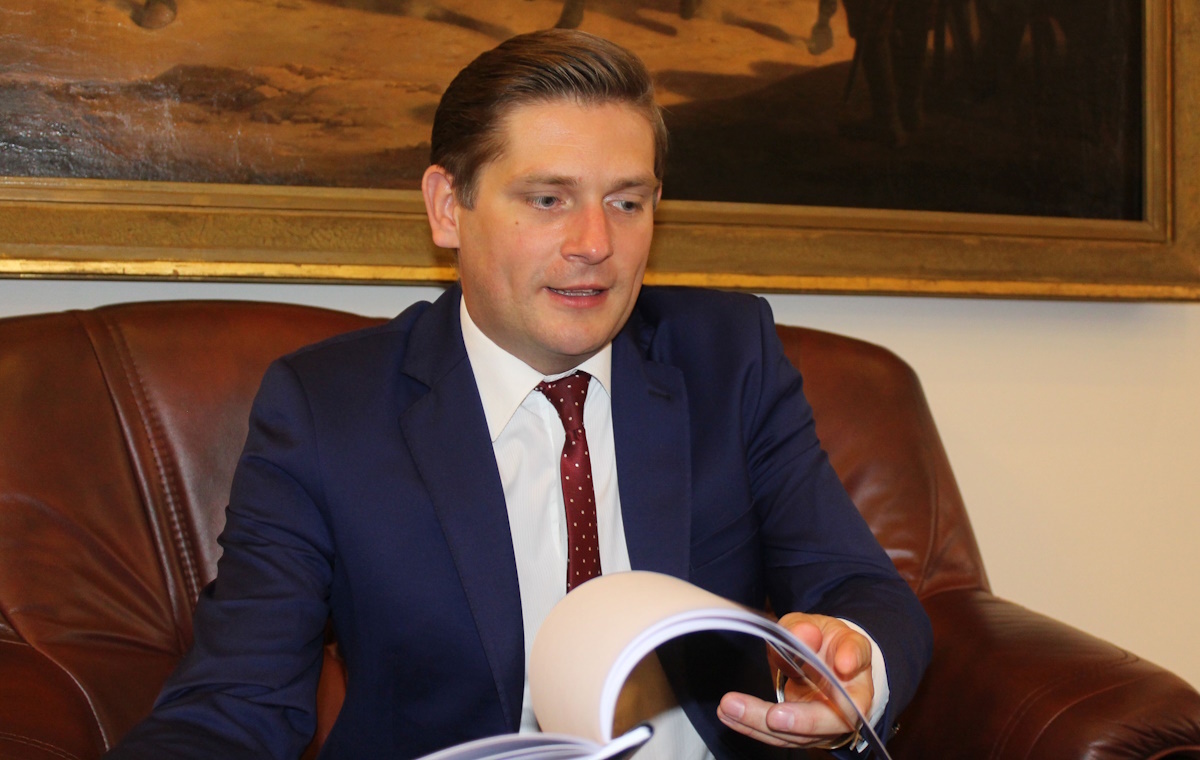
Когда мы вступили в новый год, тема допинга в теннисе продолжала доминировать в заголовках. Случай с Игой Свентек, ведущей теннисисткой Польши, вызвал жаркие дебаты в 2024 году. Теннисная звезда обнаружила в своей системе следы запрещенного вещества, но она утверждала, что это было случайное загрязнение. После тщательного расследования Свентек получила месячный запрет, который она отбыла в начале декабря.
Всего за неделю до конца 2024 года Международное агентство теннисной честности (ITIA) объявило о очередной громкой приостановке. Макс Перселл, 12-й в мире игрок в парном разряде и 105-й в одиночном разряде, был временно отстранен за нарушение антидопинговых правил. Австралийский теннисист, выигравший свой второй титул Большого шлема на Открытом чемпионате США в сентябре, признался в правонарушении и выбрал добровольное временное отстранение в рамках теннисной антидопинговой программы (TADP).
Эти два случая вызвали оживленную дискуссию со многими поклонниками тенниса и экспертами. Борис Беккер, шестикратный чемпион Большого шлема, отправился на платформу социальных сетей X, чтобы поделиться своими мыслями по этому вопросу. Лично я хотел бы, чтобы временное отстранение Перселла совпало с Australian Open! Разве Ига Свентек не выбрала разумное время отстранения? Беккер написал.
Однако его комментарий был быстро встречен критикой со стороны интернет-пользователей, которые обвинили его в нечестности и лицемерии. Они отметили, что допинговый случай Свентек заставил ее пропустить турниры в Азии, что привело к тому, что она потеряла первое место в рейтинге WTA. Они также обратили внимание на молчание Беккера по делу Янника Синнера, в котором у итальянского игрока было обнаружено запрещенное вещество в его системе.
Противоречие подчеркивает продолжающуюся проблему допинга в теннисе, который борется с этой проблемой в течение многих лет. По данным Всемирного антидопингового агентства (WADA), теннис имеет один из самых высоких показателей допинговых нарушений во всех видах спорта, с 144 положительными тестами только в 2020 году.
Тем не менее, проблема не ограничивается теннисом. Допинг стал распространенной проблемой во многих профессиональных видах спорта, и спортсмены сталкиваются со все более суровыми наказаниями за нарушение антидопинговых правил. В 2020 году Антидопинговое агентство Кении сообщило о 34 положительных тестах среди кенийских спортсменов, тогда как Федерации легкой атлетики России запретили участвовать в международных соревнованиях на четыре года из-за допингового скандала.
Борьба с допингом — это постоянная борьба, требующая сотрудничества со стороны спортсменов, спортивных организаций и правительств. Поскольку теннисный мир продолжает бороться с этой проблемой, важно помнить, что честная игра и спортивное мастерство лежат в основе всех спортивных соревнований.
Ключевые статистические данные:
144 положительных допинг-теста в теннисе в 2020 году
34 положительных допинг-пробы среди кенийских спортсменов в 2020 году (Антидопинговое агентство Кении)
4-летний запрет для Федерации легкой атлетики России из-за допингового скандала
1-месячная дисквалификация Иги Свентек за нарушение антидопинговых правил
Временное отстранение Макса Перселла за нарушение антидопинговых правил
Источники:
Всемирное антидопинговое агентство (WADA)
Международное агентство теннисной честности (ITIA)
Антидопинговое агентство Кении
* Федерация легкой атлетики России
Портал X (пост Бориса Беккера в социальных сетях)
Читать далее:
Допинг в теннисе: Спор продолжается














